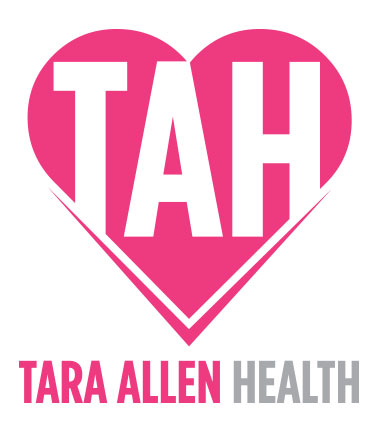I ate half the PB jar at once!
After both pregnancies, I went from months of hyperemesis gravidarum (IV fluids 24/7, barely keeping water down) to immediate, primal hunger the moment I delivered each baby and the placenta. It was like a switch flipped. I was breastfeeding around the clock, depleted, and my body had one mission: rebuild. I can still see myself in the kitchen with a jar of peanut butter and a spoon, thinking, if I just finish it now, I can eat straight from the jar. This wasn’t a tablespoon or two left. It was half the jar. And yes… I finished it. At the time I labeled it as “being out of control.” Now I know it was biology ... my system hijacking hunger cues to accomplish a goal it decided was urgent: restore, refuel, keep milk flowing, protect the human(s).
The thing is, hunger and fullness cues aren’t moral or fixed… they’re adaptive. Your body will up- or down-shift appetite based on the inputs it’s reading. Live in fight-or-flight and cortisol dulls satiety (quick energy, please). Yo-yo diet or cut too aggressively (big difference between a slight deficit and a harsh one) and ghrelin rises while leptin drops, so the brain focuses on food. Eat a lot of ultra-processed foods and reward pathways outmuscle your body’s “I’m full” signals. Overeat carbs or fats while undereating protein and fiber and you’ll chase swings instead of feeling steady.
And it's not just nutrition! Poor sleep (hunger hormones spike), circadian mismatches (late-night big meals worsen glucose dynamics), low skeletal-muscle stimulus (less carb tolerance), micronutrient gaps like low magnesium or iron (energy production sputters), mitochondrial inefficiency (cells ask for more fuel because they can’t use what they have well).
This just means your biology is trying to help with the data it’s getting. And when you give it better data consistently — protein + fiber, strength training, earlier light and earlier main meals, calm evenings, real food most of the time — the signals can recalibrate. You’ll feel hunger you can trust and fullness that arrives on time.
To make that easier for the holidays, I'm sharing my free Holiday Apps + Sides Recipe Collection with you today ... fast, blood-sugar-friendlier, family-approved. All happen to be gluten-free and vegetarian. Grab it here. And if you want cozy, metabolism-smart comfort food beyond the holidays, my $17 e-cookbook Smart Cookie is available for purchase now and for a limited time. It's packed with the desserts that we make, eat and bring with us all holiday season long (all year-long, tbh).
New in Metabolic Health Worth Knowing...
1) Small, repeatable cold exposure (even lowering your thermostat a few degrees -- what I call "lower intensity cold exposure") appears to nudge brown fat and improve glucose handling.
2) Shifting your largest meal earlier in the day tends to improve fat oxidation and post-meal glucose, even when calories stay the same.
Small levers, pulled consistently, add up over time!
Things I'm Loving Lately
Nobody Wants This (I enjoyed season 1 more than season 2 so far).
Yoga pants that masquerade as dress pants (I have these in black and just ordered red - they're super cheap, so hopefully they don't fall apart in another 6 months but if they don't, I'll probably have them for 25 years b/c I wear the heck out of my clothes. LOL).
A warm evening beverage -- usually dandelion tea with lemon, decaf coffee, or Organifi Harmony hot chocolate. (Psst ... I'm an affiliate and code TARAALLEN gets you 15% off)
Frownies—they make such a difference in reducing my tension headaches
My Fall, leaf table runner. No idea where it’s from or how long I’ve had it, but every time I see it, I get a surge of serotonin.
With love and science,
Tara
P.S. Just announced! Next round of TRANSFORM: Body + Mind starts in January. Join the waitlist to get early access and any upcoming (ahem) deals or bonuses.

